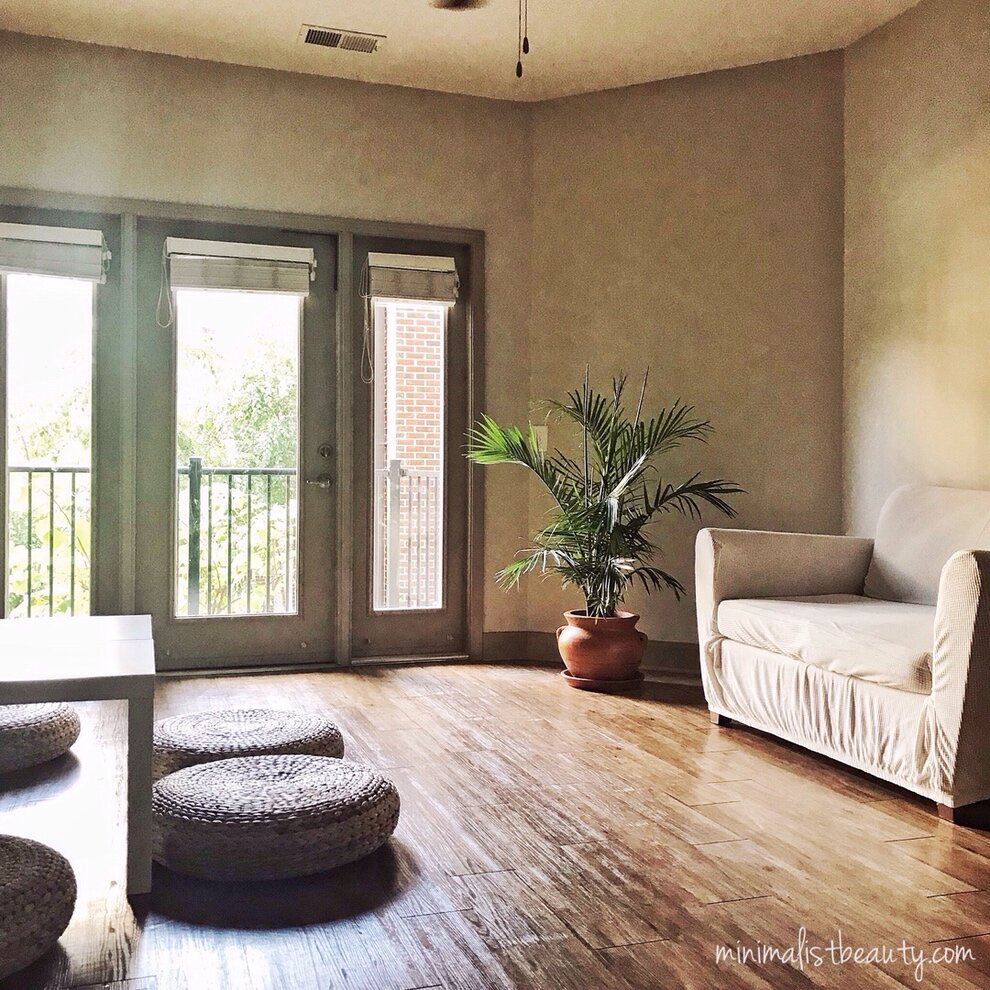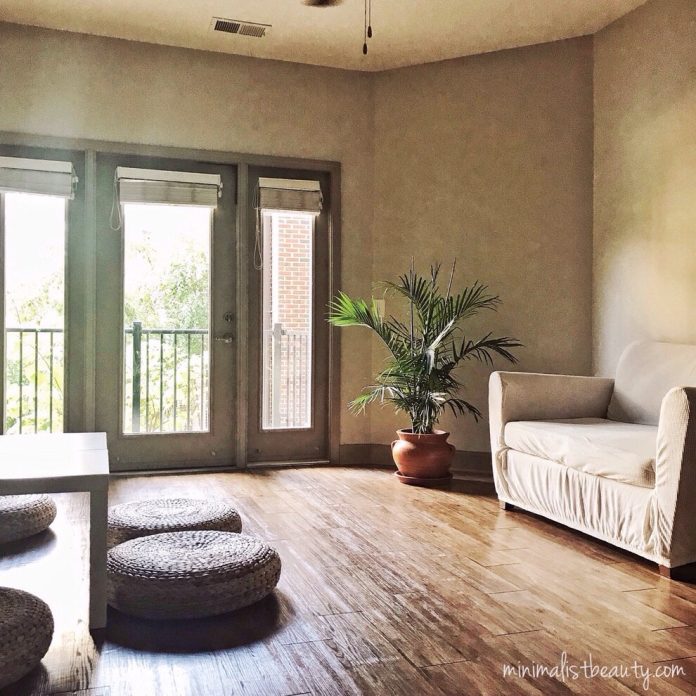In a society that constantly bombards us with messages of consumerism and the pursuit of material possessions, it’s easy to become overwhelmed and lose sight of what truly matters. The concept of minimalism has gained popularity in recent years as a way to combat this overwhelm, allowing individuals to focus on living intentionally and finding contentment in simplicity. But what exactly is minimalism, and how can it benefit our lives? This guide explores the principles of minimalism, its benefits, and practical steps for simplifying your life.
Understanding Minimalism: More Than Just Decluttering

When most people hear the word “minimalism,” they immediately think of decluttering and getting rid of excess stuff. While this is certainly a component of minimalism, the philosophy itself encompasses much more than just cleaning out your closet. At its core, minimalism is about deliberately choosing what we allow into our lives and focusing on what truly brings us joy and fulfillment.
Prioritizing Experiences Over Possessions
One of the fundamental principles of minimalism is the idea of prioritizing experiences over material possessions. In a world that glorifies consumerism, it can be easy to fall into the trap of believing that happiness comes from acquiring more things. However, studies have shown that experiences bring us more lasting joy and satisfaction than material objects. When we focus on collecting moments rather than possessions, we shift our perspective and begin to appreciate the value of creating memories and connections with others.
Mindful Consumption
Another crucial aspect of minimalism is mindful consumption. This means being intentional about the things we bring into our lives and not mindlessly buying or accumulating things just for the sake of having them. It involves considering the impact of our purchases on the environment, as well as our own well-being. By practicing mindful consumption, we can reduce waste, save money, and cultivate a deeper appreciation for the things we do have.
Living with Intention
At its core, minimalism is about living intentionally. It’s about being deliberate in our choices and not just going through the motions or following societal norms. By living with intention, we can create a life that aligns with our values and priorities, rather than one that is dictated by external influences. This can lead to a more fulfilling and purposeful existence, as we focus on what truly matters to us.
Why Embrace Minimalism?
Now that we have a better understanding of what minimalism is, let’s explore the benefits of embracing this lifestyle.
Increased Financial Freedom
One of the most significant advantages of minimalism is the financial freedom it can bring. By reducing unnecessary spending on material possessions, we free up money to invest in experiences, passions, and financial security. Imagine the peace of mind that comes with knowing that your financial life is not dictated by the need to acquire more things. With fewer financial burdens, we can also reduce stress and anxiety related to money.
Reduced Stress and Anxiety
Our homes and lives are often packed with clutter, serving as a constant source of visual and mental chaos. Clutter can make us feel overwhelmed, anxious, and even depressed. By decluttering and simplifying our surroundings, we create a sense of calm and order, leading to reduced stress and anxiety. Additionally, minimalism encourages us to slow down and focus on the present moment, rather than constantly chasing after the next thing. This can have a significant impact on our mental health and well-being.
Greater Appreciation for What We Have
In a world that always tells us we need more, it can be challenging to appreciate what we already have. Minimalism challenges us to be grateful for what we have and to find contentment in simplicity. By reducing our attachment to material possessions, we can cultivate an attitude of gratitude and learn to appreciate the small things in life. This can lead to a more positive outlook and an overall sense of well-being.
Practical Steps to Simplify Your Life
Now that we understand the principles and benefits of minimalism, let’s explore some practical steps for simplifying our lives.
Decluttering Your Physical Space
The first step to embracing a minimalist lifestyle is decluttering your physical space. Start by going through your belongings and getting rid of anything that no longer serves a purpose or brings you joy. Be honest with yourself and ask if each item adds value to your life. If the answer is no, it’s time to let it go. Consider donating or selling items that are in good condition, and recycle or dispose of any items that are broken or damaged beyond repair.
Adopting a More Simple Wardrobe
Many minimalists embrace the concept of a capsule wardrobe, where they only have a limited number of high-quality, versatile pieces of clothing. By reducing the number of clothes we own, we not only declutter our physical space, but we also save time and decision-making energy when it comes to getting dressed. Consider donating or selling clothes that you no longer wear and invest in a few staple pieces that can be mixed and matched to create various outfits.
Cutting Back on Media Consumption
In today’s digital world, we are bombarded with information and media at every turn. Minimalism encourages us to be selective about the media we consume and to limit our screen time. Consider unfollowing accounts on social media that make you feel inadequate or anxious, and unsubscribe from email newsletters that you no longer find valuable. This will help to reduce overwhelm and allow you to focus on what truly matters to you.
Practicing Mindful Consumption
As mentioned earlier, mindful consumption is a crucial aspect of minimalism. Before making a purchase, consider whether the item is necessary and aligns with your values. Also, think about the impact of the product on the environment and whether there are more sustainable options available. By being intentional about our consumption, we can reduce waste and save money, while also supporting companies that align with our values.
Letting Go of Emotional Clutter
Minimalism isn’t just about decluttering our physical space; it also involves letting go of emotional clutter. This can include toxic relationships, negative thought patterns, and limiting beliefs. Just as we declutter our physical belongings, we can also let go of emotional baggage that no longer serves us. This can be a challenging process, but it can lead to a more positive and fulfilling life.
In a world that glorifies consumerism and excess, minimalism offers a refreshing perspective. By prioritizing experiences over possessions, practicing mindful consumption, and living intentionally, we can simplify our lives and find contentment in simplicity. The benefits of embracing a minimalist lifestyle are numerous, from increased financial freedom and reduced stress to a greater appreciation for what we have. By following practical steps such as decluttering, adopting a more simple wardrobe, and cutting back on media consumption, we can begin to reap the rewards of a minimalist lifestyle. So why not give it a try? Start small, and see how simplifying your life can bring about a sense of peace, purpose, and fulfillment.
